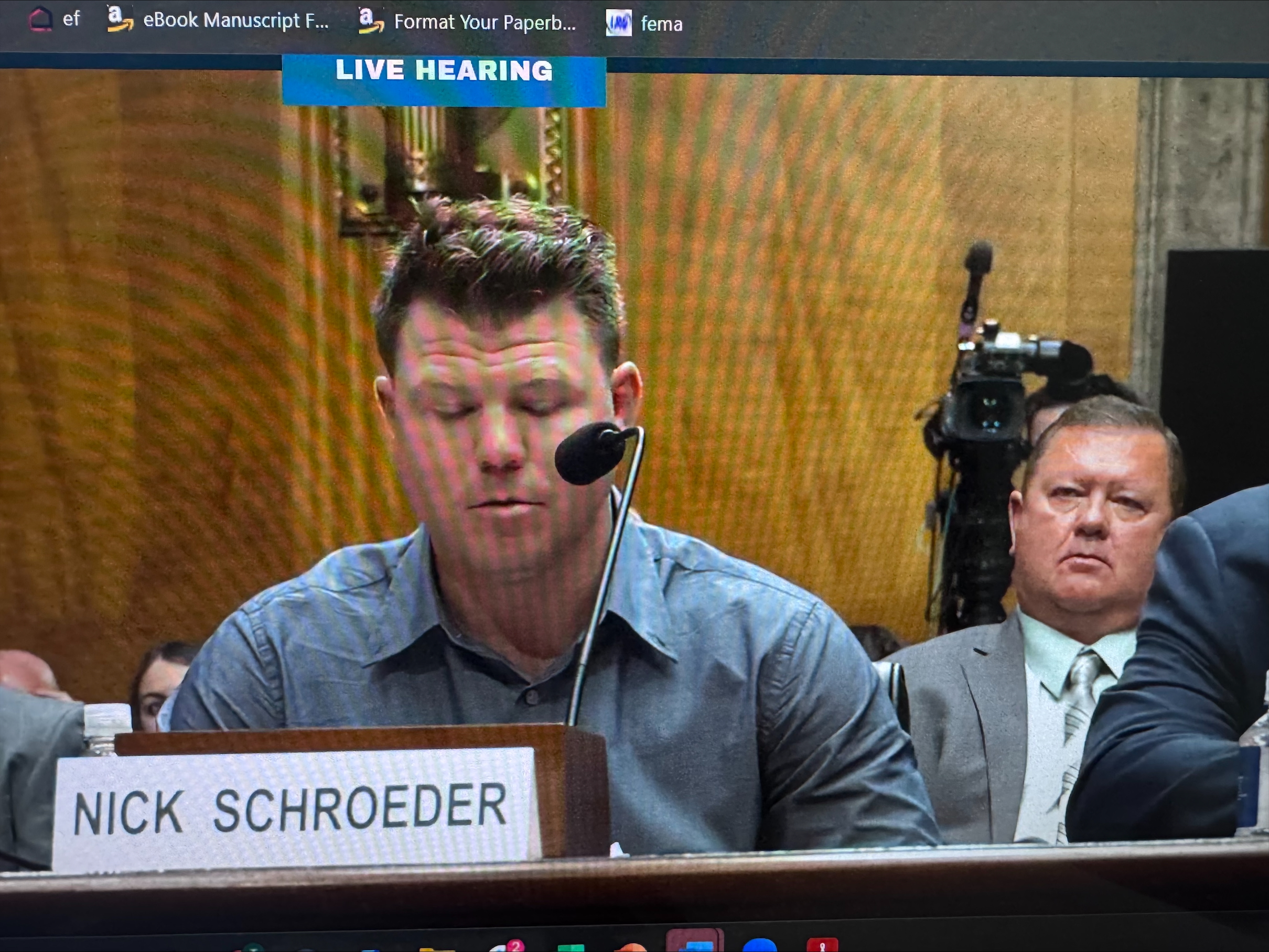Time-barred is one of those fancy legal terms referring to timing. The term usually refers to whether a lawsuit was filed in time under a statute of limitations. If not, then the whole case upon which the lawsuit is based could be dismissed. The law recognizes limits in time during which litigation has to be commenced, otherwise the party having the right to pursue the litigation loses that opportunity. Recently, in a Florida Middle District case, the insurer argued the whole lawsuit was filed too late so it should be dismissed as time-barred.1
The policyholder’s property in Orlando, Florida, was damaged by Hurricane Charley on August 13, 2004, and by Hurricane Frances on September 5, 2004. The insurer acknowledged coverage for each hurricane loss and assigned two separate claim numbers for the two losses. The insurer requested that the policyholder submit one damage total figure for the two losses, so this was done without differentiation between the two hurricanes. The insurer made partial payments for some loss directed towards each hurricane and each claim number. The damage to the insured building required it to be replaced, and the insurer did not advise the policyholder that it did not intend to pay out under two separate limits for two occurrences until after construction on the replacement building began in August 2008. The insurer sent a payment on October 6, 2009, and stated the payment represented the balance of the available policy limits.
The policyholder asserted that two policy limits are available for two separate losses, and the insurer breached the policy by failing to pay for all of its losses. The insurer argued that the complaint was barred by the five year statute of limitations period set forth in section 95.11(2)(e), Florida Statutes, which provides that an action for breach of a property insurance contract must be commenced within five years, “with the period running from the date of loss.” The policyholder responded that this provision was not enacted until May 17, 2011, that it is not retroactive, and that the limitations period runs not from the date of the breach, not the date of loss. The Court stated that “Plaintiff’s position is well-taken.”
In Florida, absent an “express, clear, and manifest” intent by the legislature to give retroactive effect to a newly enacted statute of limitations, the statute “does not apply to causes of action occurring prior to its effective date.”2 There is no such intent evident in the law that added subparagraph (e) to subsection 95.11(2) in May 2011.3 Further, the Middle District Court noted at least two other courts have reached the same conclusion.
Pursuant to section 95.031, Florida Statutes, absent a contrary statutory provision a statute of limitations runs “from the time the cause of action accrues,” which is “when the last element constituting the cause of action occurs.” “The Florida Supreme Court has held that, under § 95.11(2)(b), a breach of contract action on an insurance contract accrues on the date the contract is breached.”4
The policyholder alleged the breach occurred in October 2009—less than five years prior to the filing the lawsuit on May 16, 2012. The Court denied the insurer’s motion to dismiss and held that at that stage of the litigation, the policyholder’s claims were not time-barred. The case will proceed through litigation, discovery and to trial. This is good news for the policyholder, and it seems to be consistent with several other cases.
1 Olear Organization, Inc. v. North Pointe Ins. Co., 2012 WL 5471789 (M.D. Fla. November 9, 2012).
2 Foley v. Morris, 339 So.2d 215, 217 (Fla.1976).
3 See ch.2011–39, Laws of Fla.
4 Dinerstein v. Paul Revere Life Ins. Co., 173 F.3d 826, 828 (11th Cir.1999) (citing State Farm Mut. Auto. Ins. Co. v. Lee, 678 So.2d 818, 821 (Fla.1996)).



